It’s not only active acne that can look unsightly, making sufferers feel self-conscious. Acne can cause scarring that can take time to disappear, if it does at all.
When a pore becomes inflamed and swollen, its walls can rupture. The larger the inflamed spot, the deeper the infection, and the more likely the skin is to be scarred once the swelling subsides.
Black and whiteheads rarely cause scarring as the impurities are closer to the surface of the skin and do not cause serious inflammation.
If a rupture occurs deeper in the pore or follicle wall, the infection can damage surrounding tissues. The resulting scar is simply the skin’s natural healing process. Collagen fibres are formed to repair the damaged dermis and the results can be fair from perfect, often resulting in raised or depressed scars that have excess pigmentation. This makes them darker and more noticeable.
Acne treatments can address the problem of active acne, but the resultant scarring can be long lasting if not dealt with effectively. Laser treatments can reduce excessive pigmentation in scar tissue and stimulate skin regeneration.
In order to reduce surface irregularities due to scarring, the affected skin must undergo microdermabrasion. Damaged superficial levels of skin are safely removed without causing further damage to the dermis, revealing fresh new skin beneath.







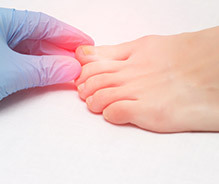
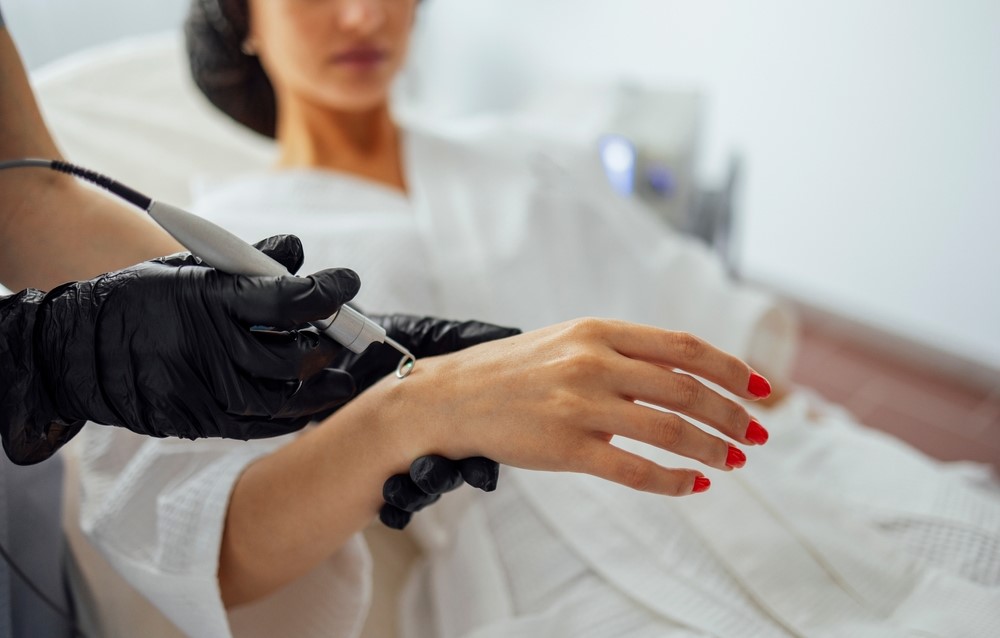

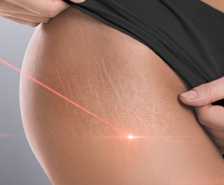






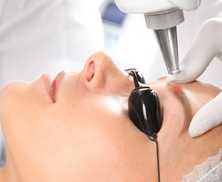





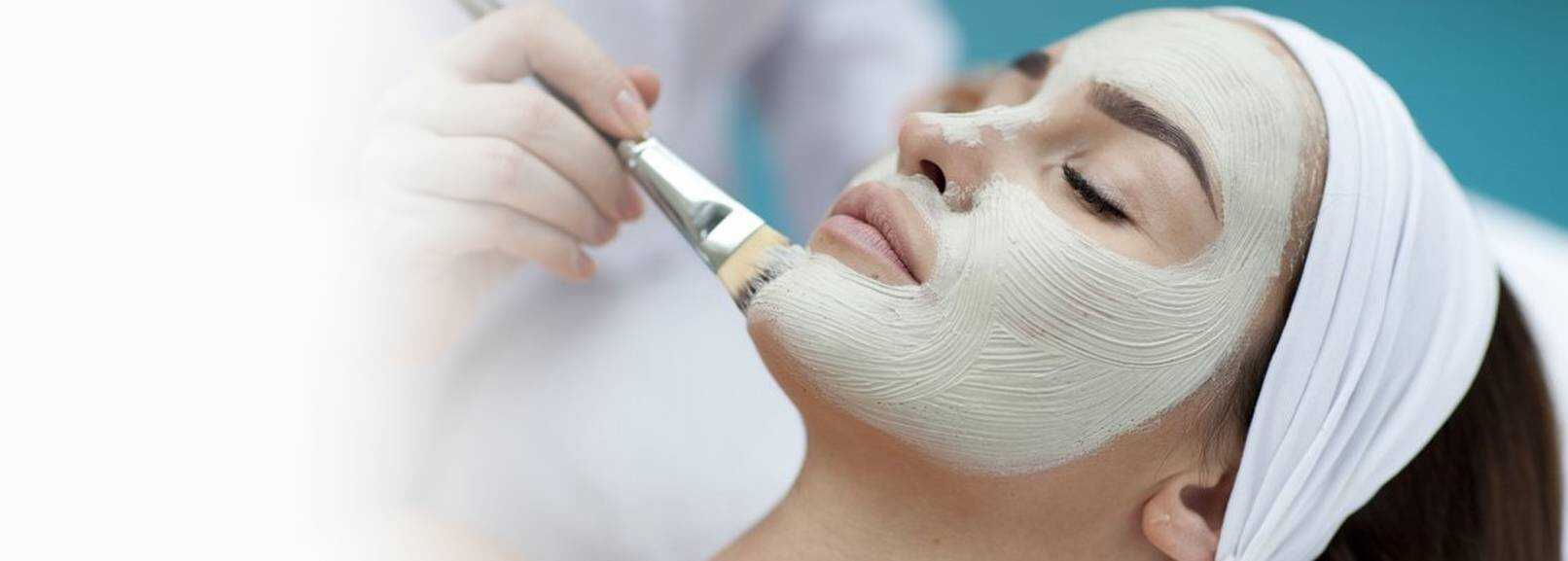


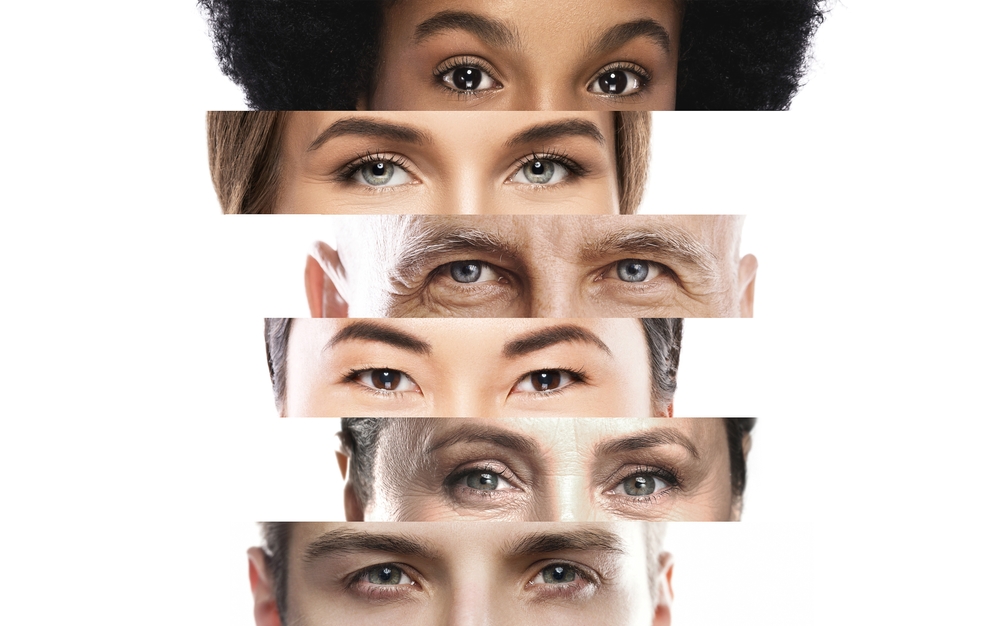
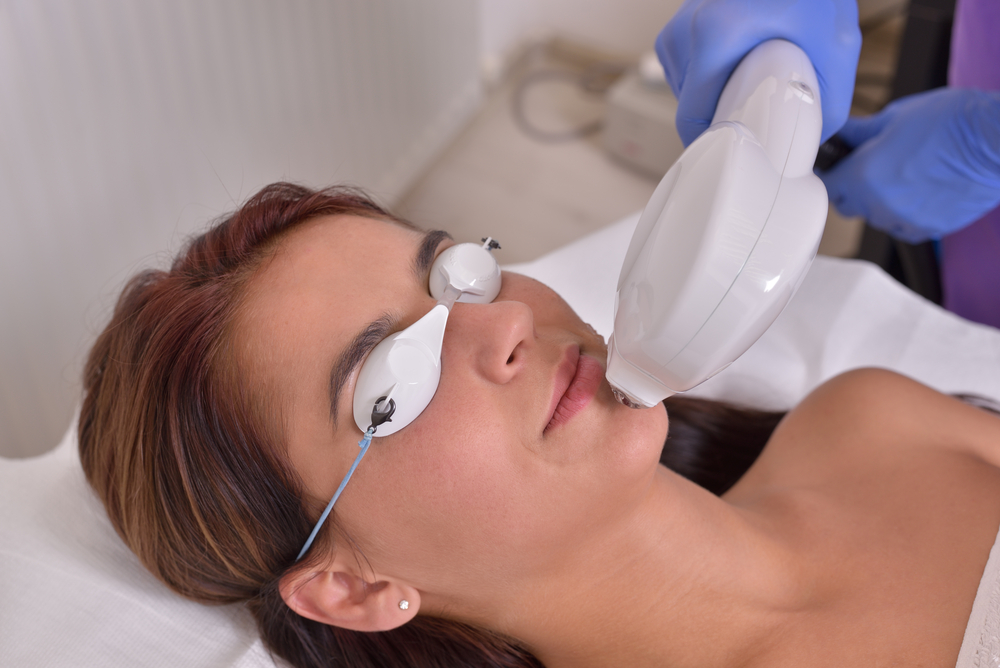




 020 8012 8582
020 8012 8582